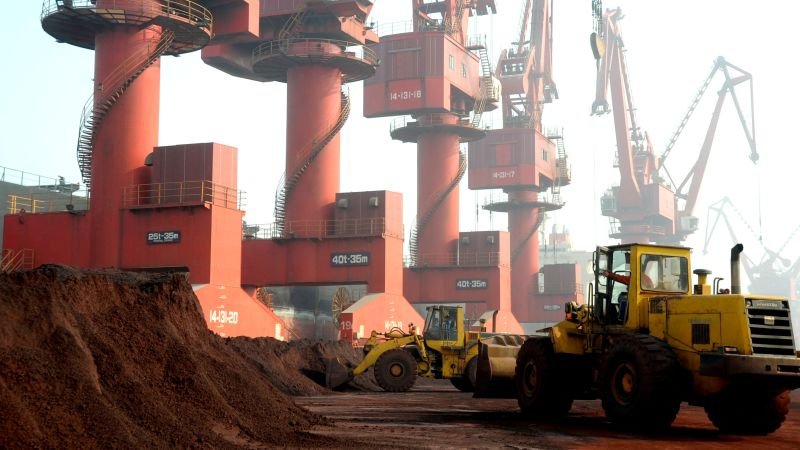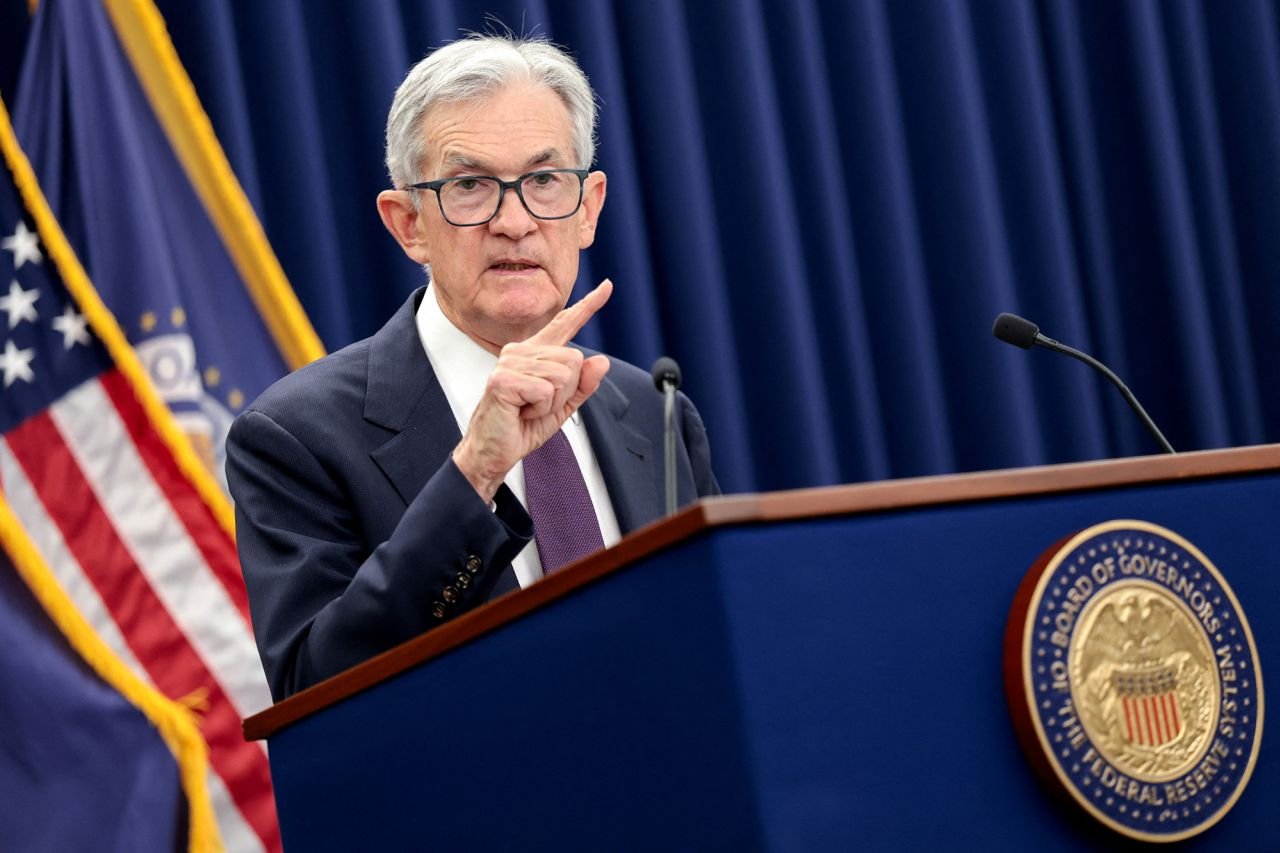China has announced new restrictions on rare earth exports, expanding the list of minerals under control and targeting their production technologies and overseas applications. This move comes as trade tensions with the United States continue, ahead of a meeting between Chinese leader Xi Jinping and President Donald Trump at the APEC summit later this month.
The updated regulations add five rare-earth elements, including holmium and europium, to China’s existing control list, which now includes a total of 12 out of 17 rare earth types. Export licenses will be required for these elements, as well as for technologies related to rare earth mining and processing.
According to China’s Ministry of Commerce, the restrictions aim to protect national security by preventing these materials from being used in military and sensitive applications. License applications for military use will generally be rejected, while those involving advanced computing and AI technologies will be reviewed individually.
Additionally, Chinese nationals and companies are prohibited from assisting in rare earth mining and processing outside of China without government approval. The ministry also announced new restrictions on lithium batteries and materials used in their production.
The new regulations will take effect on November 8, with some restrictions implemented immediately. This move indicates a significant shift in China’s strategy as it adopts extraterritorial measures similar to those previously employed by the U.S.
Relations between China and the U.S. have shown signs of improvement recently, although tensions persist. Last week, the U.S. expanded restrictions on certain Chinese tech companies, which drew criticism from Beijing.
In a related action, China added 14 foreign military and technology groups to its unreliable entity list, restricting their operations in the country. This list includes a Canadian firm known for its semiconductor research, highlighting ongoing concerns over technology transfers and national security.



